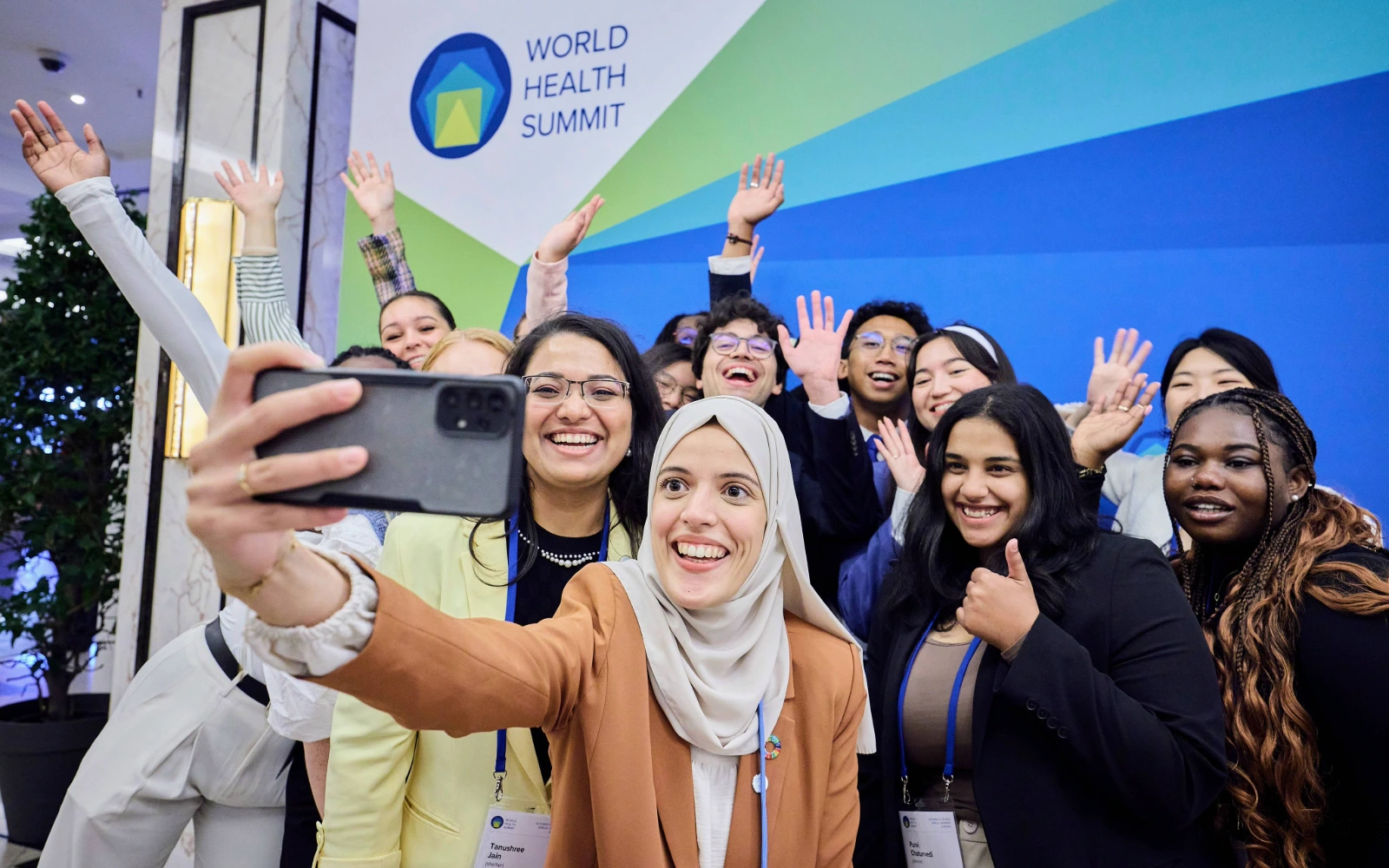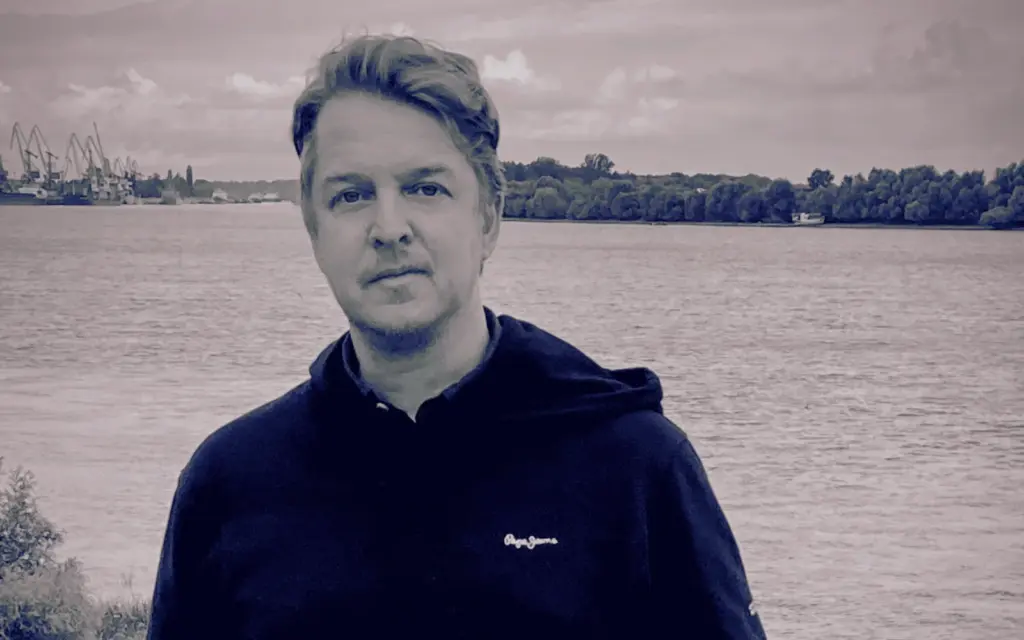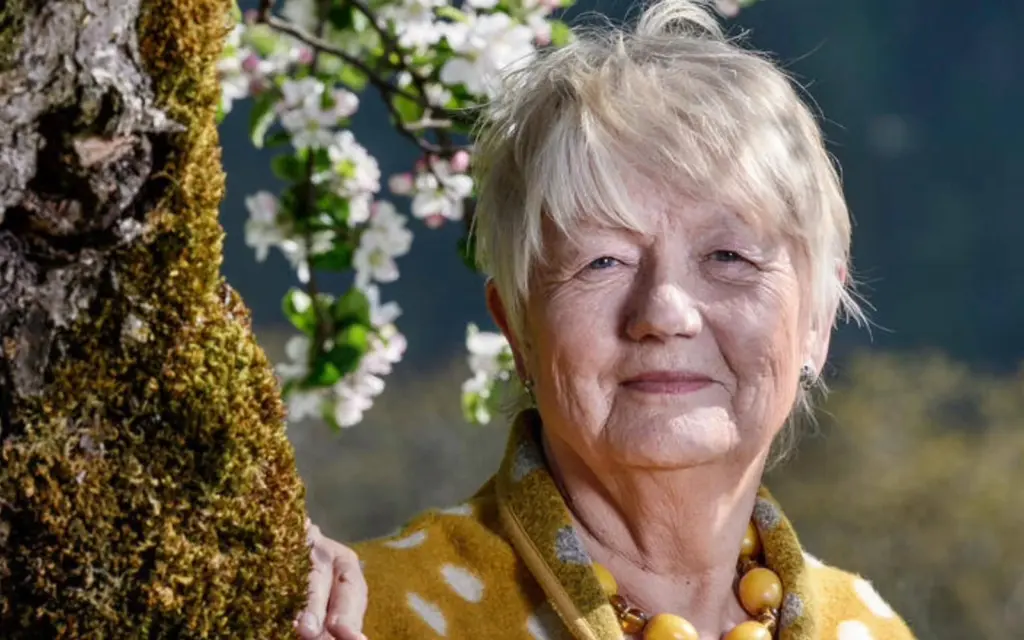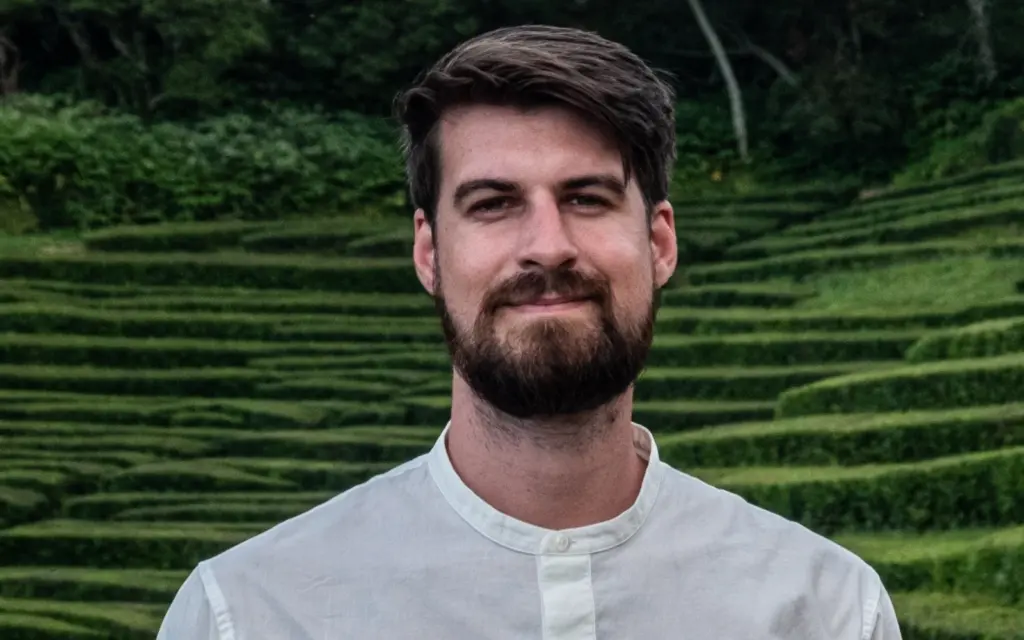Trust: The Bedrock of Resilient Health Systems
The opening session of the World Health Summit began with a stark warning: trust is not just a virtue—it’s a necessity for health systems to withstand the shocks of a turbulent world.
“A health system without trust will fail, regardless of its resources,” said Dr. Mike Ryan, Executive Director at the WHO Health Emergencies Programme. He emphasized that trust must be cultivated in stable times because “once a crisis strikes, it’s already too late to build trust.”
Dr. Ryan highlighted that trust requires humility, power-sharing, and ongoing engagement with communities. “The more power you have over someone, the less they will trust you. Trust requires listening, collaboration, and transparency,” he said. Rebuilding trust was recognized as an urgent priority for fortifying health systems in an era increasingly defined by conflicts, pandemics, and climate-related emergencies.
Mental Health: Supporting Survivors and Rebuilding Communities
The session Addressing the Mental Health Burden In and After Crises explored the long-term impacts of trauma and the importance of culturally adapted mental health interventions. Ahmad Helmi, Co-Founder of the Ta’afi Initiative, reflected on his experiences during the Syrian conflict to highlight the delayed nature of trauma.
“During conflict, survivors are focused on staying alive and dealing with the immediate crisis. In those moments, people often feel strong and stubborn, driven by survival instincts. Trauma itself hits much later, when the crisis subsides, and the pain sets in,” he explained. This delayed onset of trauma requires assistance programs designed to address long-term psychological needs.
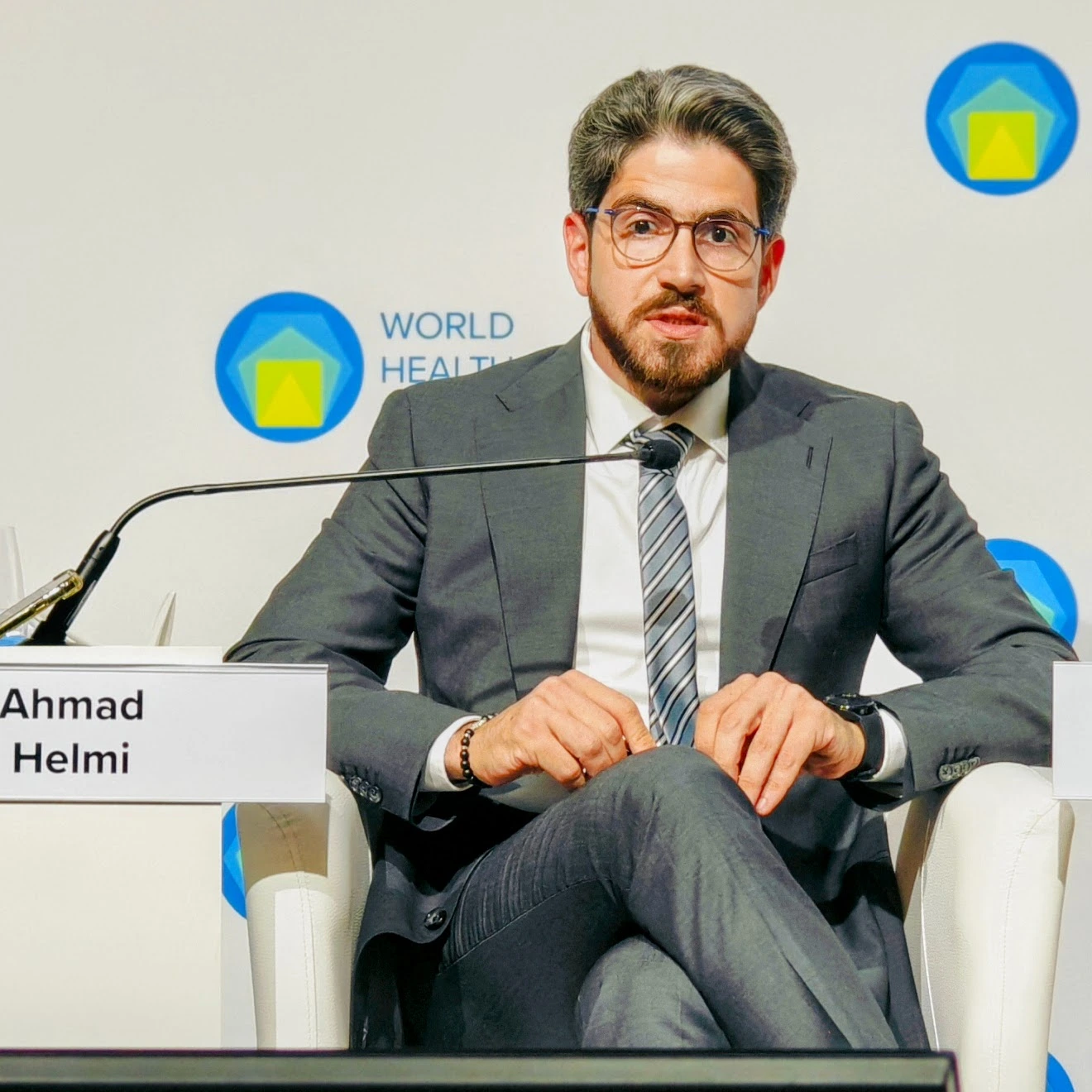
“Tired individuals make tired communities, and a tired community cannot build a future for the country.”
Ahmad Helmi, Co-Founder of the Ta’afi
For families affected by conflict, the pain of loss often lingers in the form of ambiguous loss—grief where loved ones are missing, and their fate remains unknown. This unresolved state traps families between hope and despair, making it difficult to mourn or move forward, often leading to emotional isolation.
To help Syrian families cope, Ahmad Helmi, Co-Founder of the Ta’afi Initiative, adapted the U.S. concept of Ambiguous Loss, developed by Pauline Boss, introducing culturally meaningful practices. One powerful example involved encouraging mothers of the disappeared to cook their loved ones’ favorite meals and share them with others. This act of connection and remembrance allowed them to honor their loved ones, share their grief, and find solace within the community. “It was a profound way to remind them they are not alone,” Helmi reflected, highlighting how the practice fostered resilience and alleviated isolation in the face of chronic sorrow.
Experts at the summit called for integrating culturally relevant practices, such as storytelling and community-building rituals, into mental health programs. Long-term investment in training local professionals was also highlighted as essential to making mental health support a permanent element of recovery efforts.
Tackling AMR: A Global Health Challenge
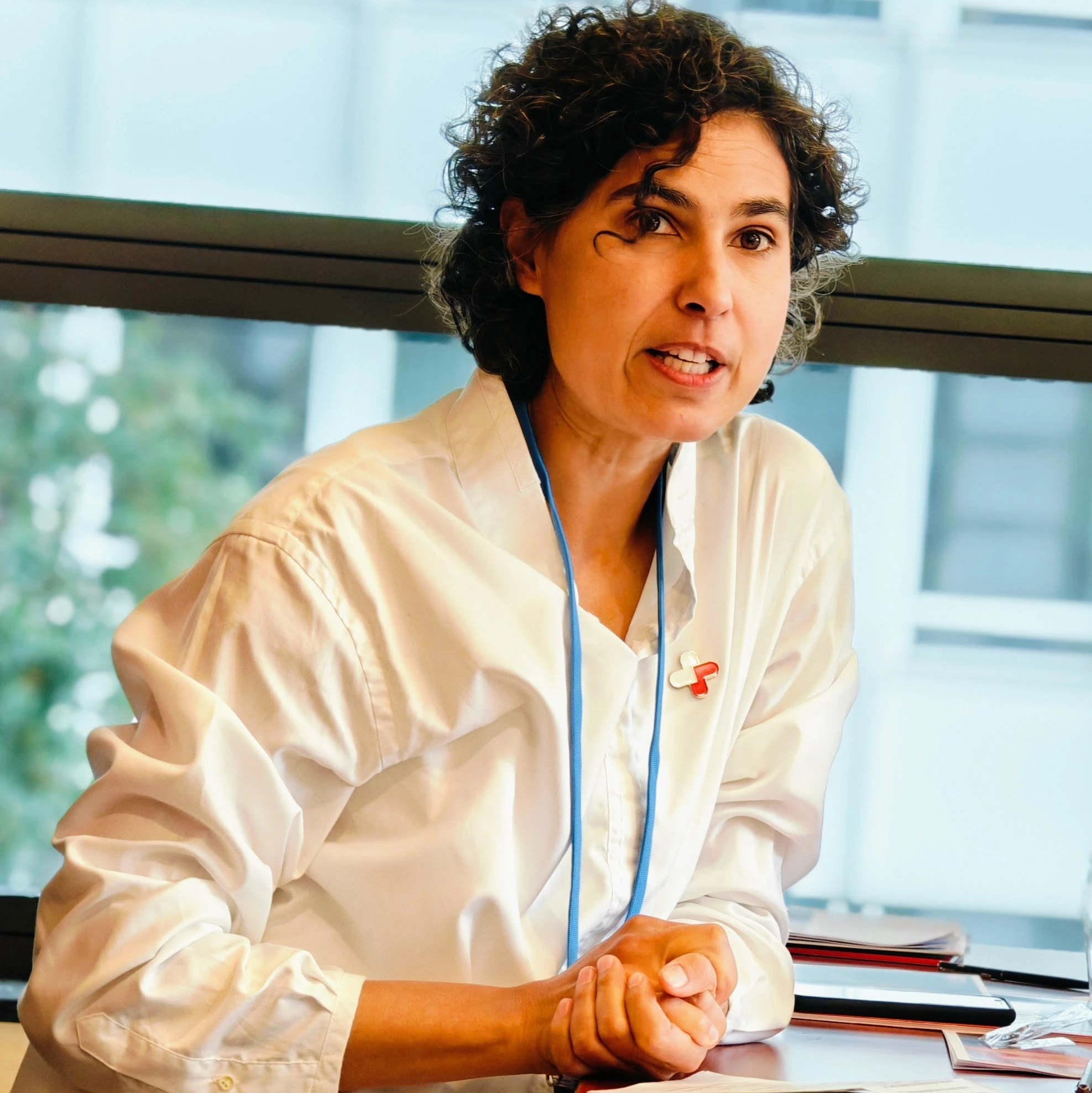
Antimicrobial resistance (AMR) remains a critical threat to global health, with a recent Lancet study projecting 39.1 million deaths attributable to AMR and 169 million deaths associated with AMR between 2025 and 2050. As a key concern at the World Health Summit, AMR was the focus of urgent discussions, including at the side event Tackling the AMR Crisis in Healthcare Facilities, hosted by Malteser International and WaterAid.
“AMR will affect every aspect of healthcare we rely on,” said Dr. Muna Abu Sin, the German AMR Ambassador appointed the German Health Ministry. She emphasized the risks to modern medicine, including routine surgeries, cancer treatments, and maternal and child health care.
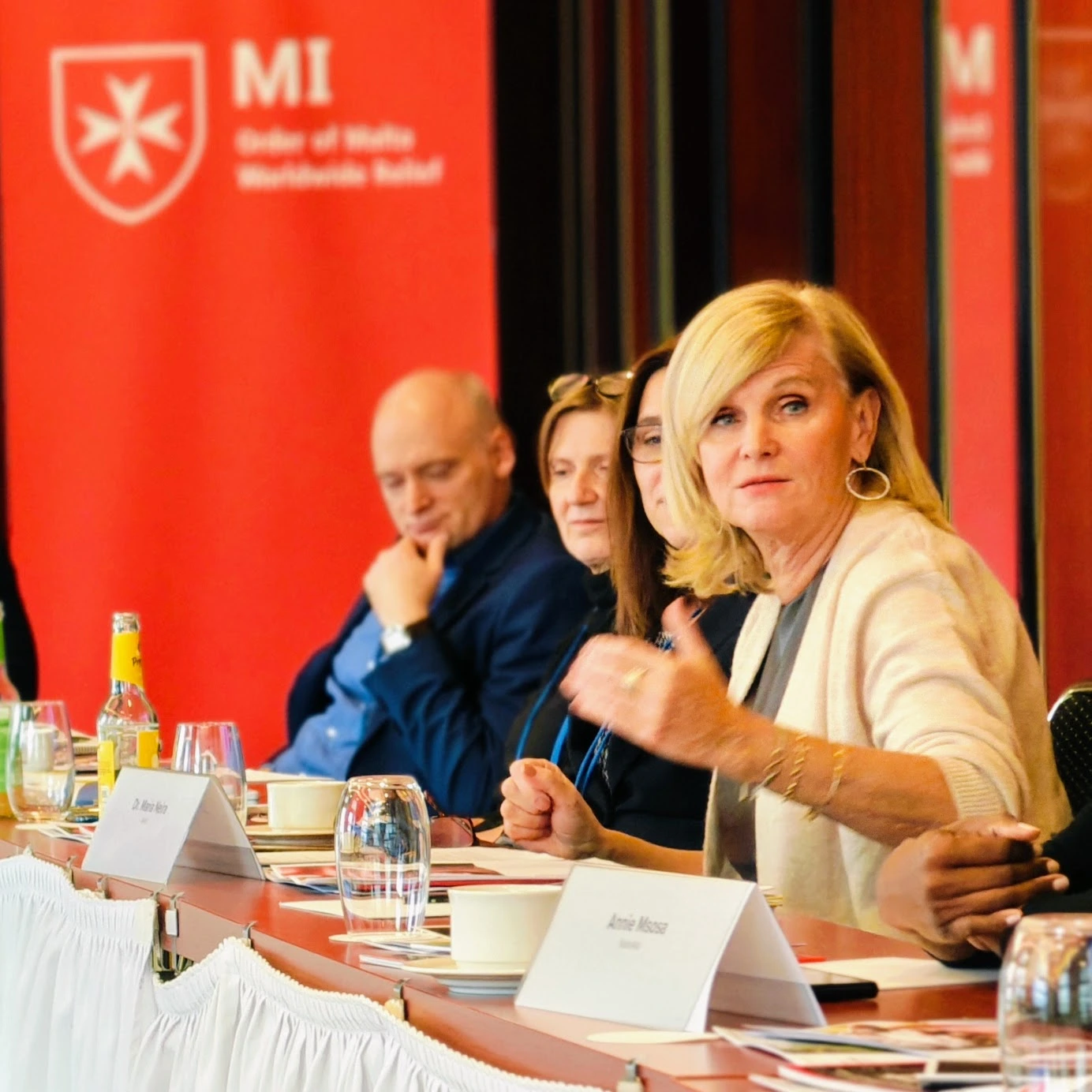
“Every healthcare facility must have safe water, proper hygiene protocols, and waste management, as well as electricity. Without these, AMR will continue to spread.”
Dr. Maria Neira, WHO Director of the Department of Public Health, Environment, and Social Determinants of Health, moderating the session WASH in Healthcare Facilities: Tackling the AMR Crisis in Healthcare Facilites, which was hosted by Malteser International and WaterAid
The same Lancet study underscored the foundational role of prevention. Global estimates reveal a 53% decline in age-standardized sepsis-related deaths from 1990 to 2017. Much of this progress was driven by reductions in child mortality and preventable deaths from lower respiratory infections and diarrhea—both directly linked to improved access to WASH and vaccines.
“The sick, their caregivers, and entire communities must master and apply hygiene and IPC measures like handwashing. These practices must be embedded in schools and everyday community life.”
Dr. Jean-Paul Ovuyo, Regional Health Advisor Africa at Malteser International
Dr. Jean-Paul Ovuyo, Regional Health Advisor Africa at Malteser International, emphasized the critical need for immediate action and community involvement:
“Our experience has shown that improved WASH in healthcare facilities leads to fewer infections. Fewer infections mean less need for antibiotics, helping to curb antimicrobial resistance (AMR). In DR Congo, only 11% of health facilities have proper WASH, but in Malteser International-supported districts, it’s already 35%. Now we must implement it everywhere, leaving no health facility or community behind.
To achieve this, we must change tactics and improve communication, starting in communities and primary schools. Solutions must come from community power and leadership. The sick, their caregivers, and entire communities must master and apply hygiene and IPC measures like handwashing. These practices must be embedded in schools and everyday community life.”
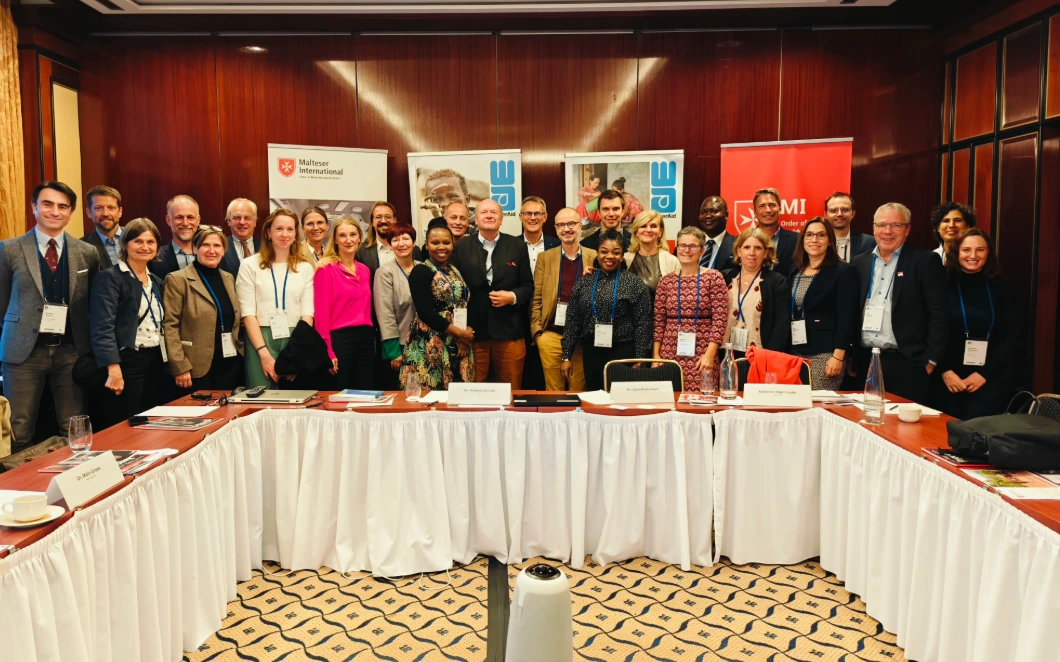
WHO Investment Round: Building Momentum
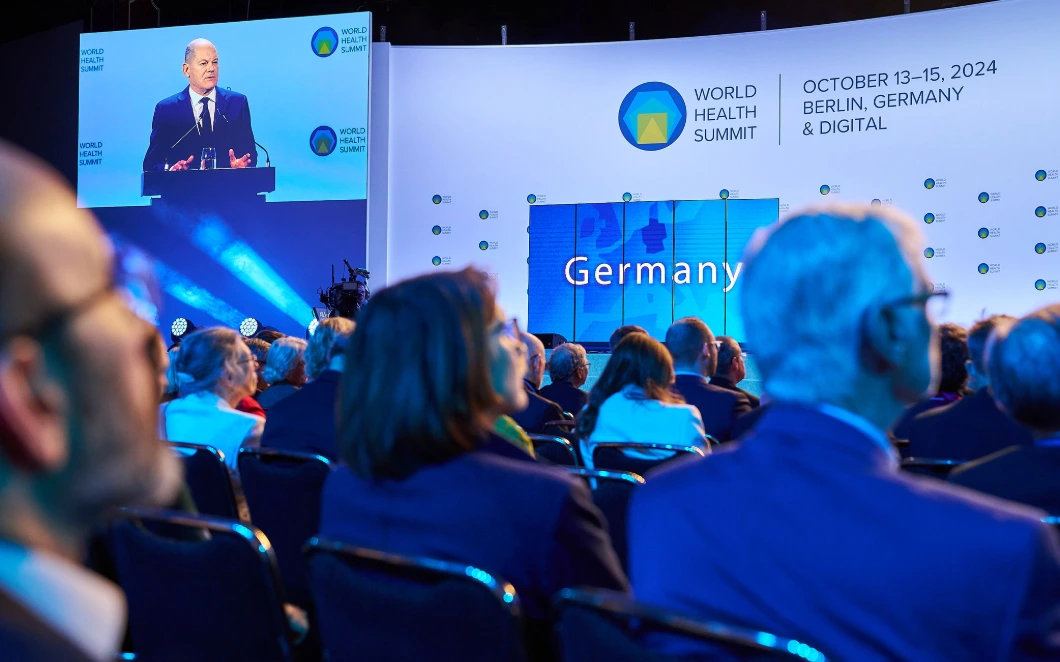
The WHO Investment Round, held during the summit, brought significant funding commitments for global health initiatives. A total of $1 billion was pledged for the 2025–2028 budget, including €360 million from Germany. These funds will support efforts to combat AMR, expand mental health services, and strengthen health systems worldwide.
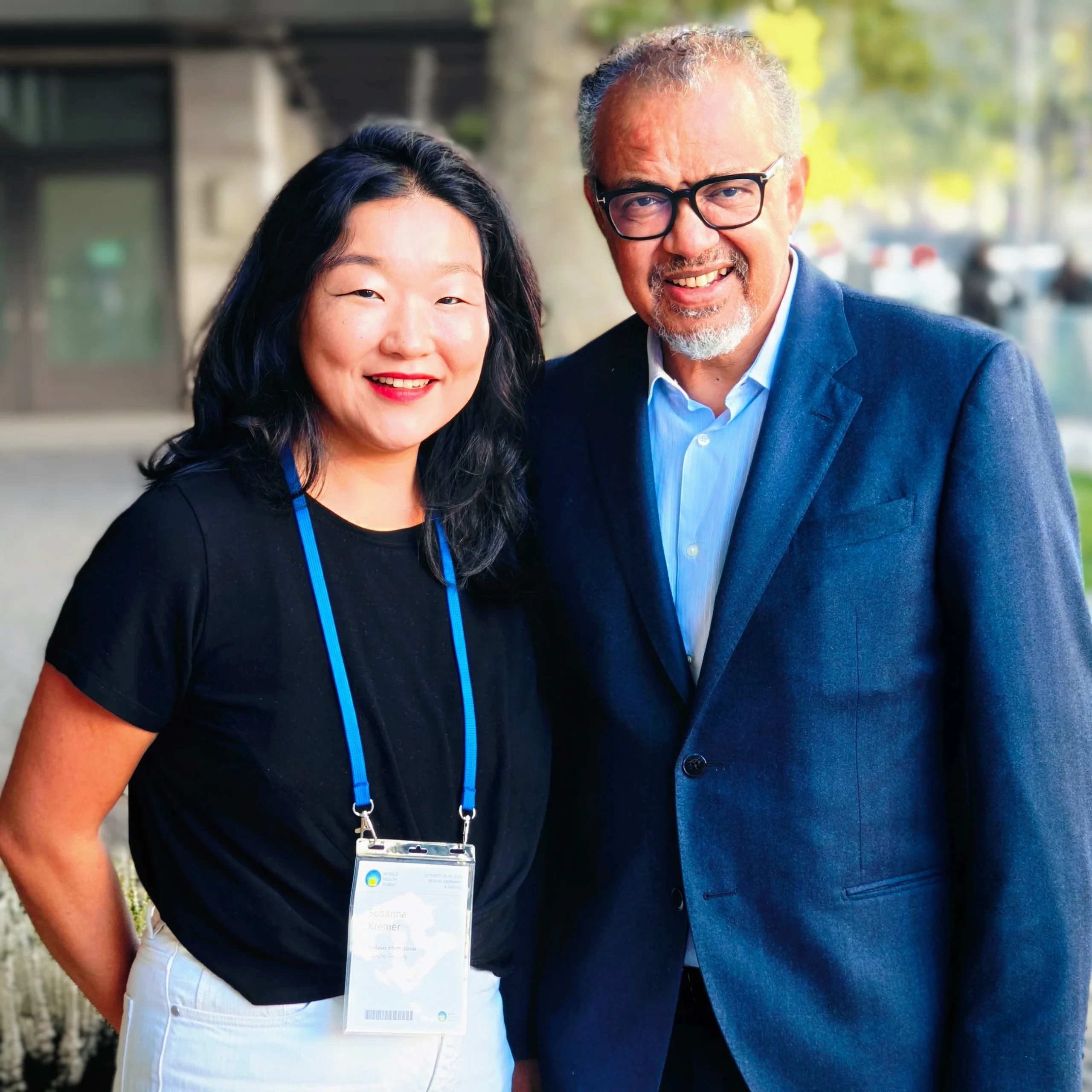
“We know that we are making this ask at a time of competing priorities and limited resources. That’s why I have asked every Member State and every partner to step up.”
WHO Director-General Dr. Tedros Adhanom Ghebreyesus, pictured alongside the article’s author, regards this funding as a critical step toward addressing urgent global health challenges.
A Collaborative Approach to Global Health
The World Health Summit 2024 underscored that the challenges we face—from AMR to mental health and beyond—are deeply interconnected. The solutions demand collective action, bold investments, and an unwavering commitment to equity and sustainability.
The summit highlighted the importance of addressing these issues not in isolation, but as part of a shared global responsibility to safeguard the future of public health.
